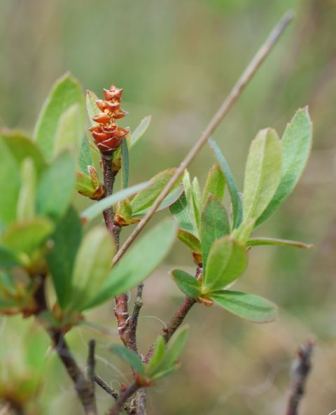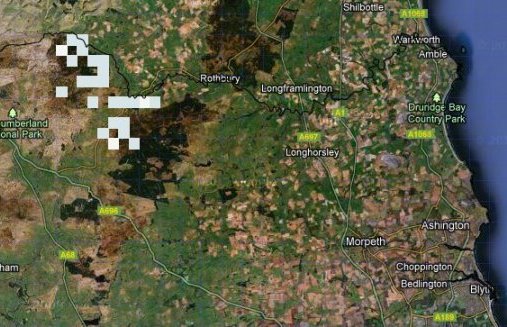South Northumberland
South Northumberland is a botanically rich county. It is the eighth largest vice county and has a wide variety of habitats including large areas of blanket bog; whin grasslands; large natural lakes; area of metallophyte flora; vast moors, upland hay meadows and ancient woodlands.
The local natural history scene is vibrant and includes the Northumbrian Wildlife Trust, the Natural History Society of Northumberland and a local record centre. There are also specialist groups for all kinds of organisms.
South Northumberland was the birth place of William Turner (c.1508 – 1568), sometimes refered to as the Father of English Botany. Paris quadrifolia still grows in Cottingwood where he wrote it grew in 1551.
County recorders
VC67 South Northumberland: John Richards, Megs Rogers and John O'Reilly
VC68 North Northumberland: Chris Metherell and James Common
County reports for South Northumberland and North NorthumberlandRare Plant Registers
South Northumberland RPR 2020 update (v.c. 67)
North Northumberland RPR (v.c. 68)

Bog Myrtle
